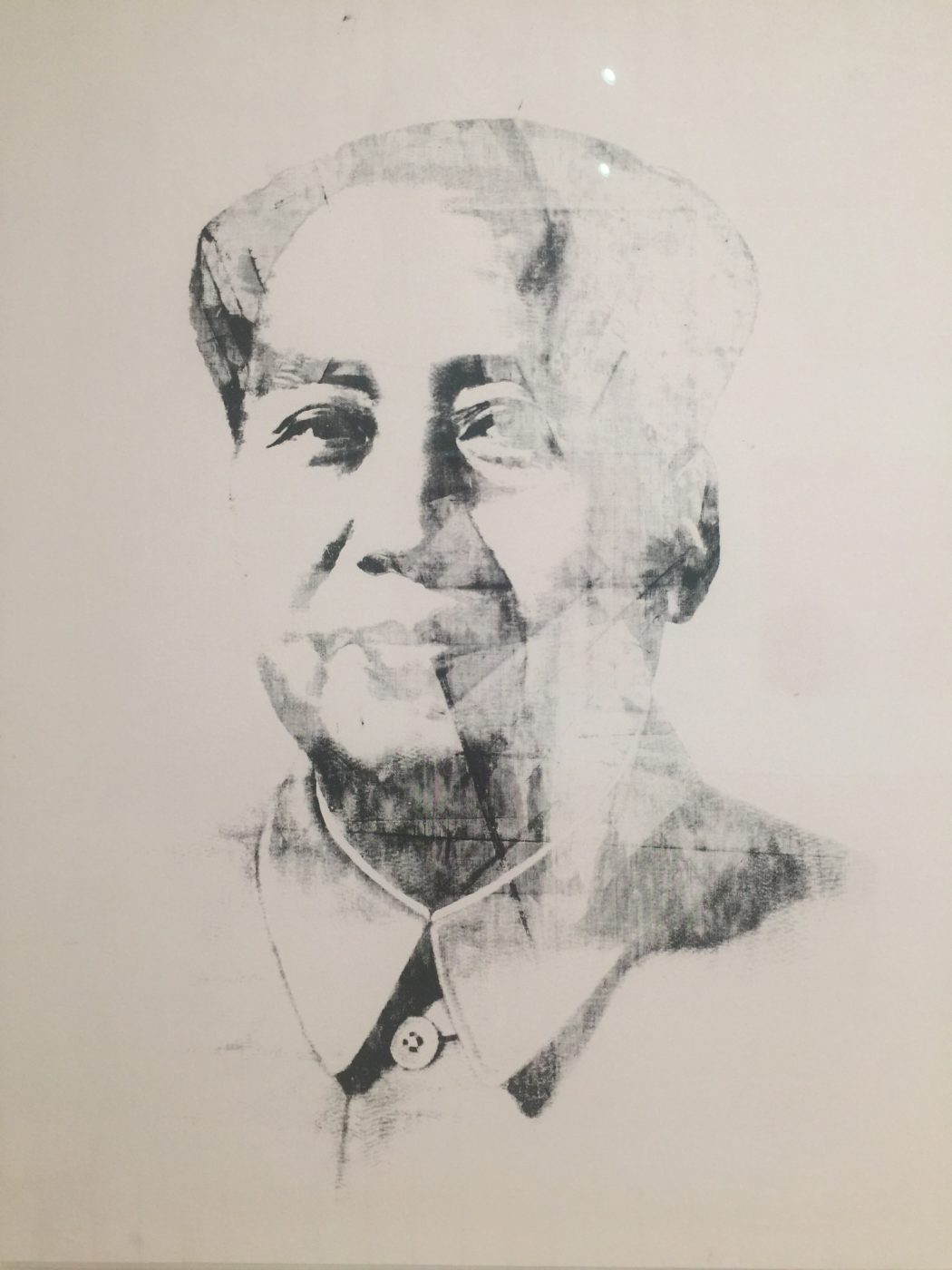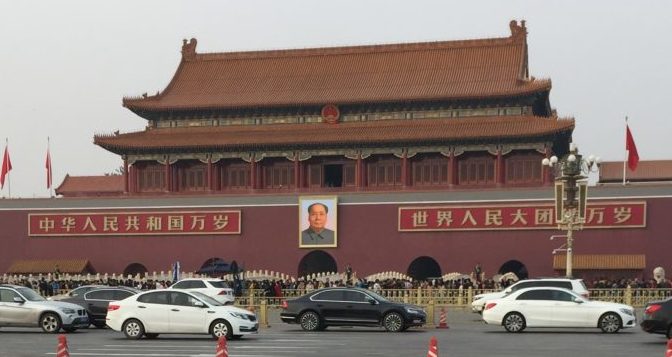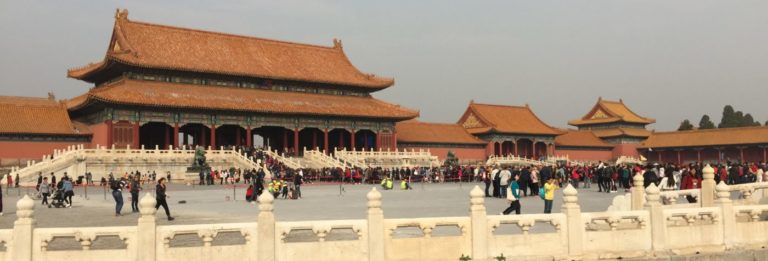The Nineteenth century is considered by the Chinese to be the time of humiliation. Trade with the European countries brought a lot of troubles. The British, in an unusually cold-blooded display of self-interest, inflicted two wars, and several lopsided treaties on the reluctant Chinese. The Opium Wars were trade wars of the most ruthless kind. The Chinese have mistrusted the West ever since.
Trade along the Silk Road had continued to grow. The European demand for Chinese goods far outweighed any Chinese demand for European goods. As a result of the imbalanced trade, the Chinese insisted on settlement of accounts in silver, which started to drain the European state treasuries. (There are very interesting parallels to the twenty-first century global economic situation, except the Chinese are accumulating gold now, instead of silver.)

The British foisted the Opium Wars on China, in 1839 and 1856, to force them to open their ports and markets to British goods, (the most convenient of which was opium from the British colony of India). When the Chinese emperor said “No, thanks!” the British arrived with warships and forced the point. Imperial Twilight: The Opium War and the End of China’s Last Golden Age This was when Hong Kong was established as a British colony. Other colonial powers, including the United States, took advantage of the British stranglehold to open their own colonial footholds on Chinese soil.
Finally, in 1894, the Japanese invaded Korea and Manchuria. The Qing Dynasty collapsed and the Republic of China was proclaimed by Sun Yat Sen. Unfortunately, the republic never really came together. The imperious General Chiang Kai-shek tried to lead the country with the Kuomintang Party. However, the persistent Communist Party, led by Mao Zedong, outlasted the Kuomintang and, in the weakened national period after World War II, finally drove the nationals off the mainland to Taiwan and established the People’s Republic of China.
Mao’s cult of personality was just as heavy-handed as any emperor. Though he was a rebel determined to re-invent Chinese governance, he was also a product of the last 4,000 years of Chinese culture. As dedicated as he was to the communist ideal, he relied on ancient philosophers when he thought their messages were useful. His communist economic and social model caused significant hardships. He probably passed away in the nick of time. Quotations from Chairman Mao Tse-Tung: The Little Red Book

He was succeeded by a remarkable man with a long association with the Communist Party, but with a tempering practical side that saw a need to bring China into the modern world. Deng Xiaoping began the process that continues today of bringing market-based policies and current technology to a land in desperate need of both.
Two very recent books do a phenomenal job of relating the events and implications of this modern era with the lessons learned from 4,000 years of continuous history. Start with Henry Kissinger’s On China, because he starts at the beginning and describes the conflicts between ancient and communist China, as well as the even wider chasm between Chinese and America strategies and ideals.
Then, pick up Deng Xiaoping and the Transformation of China, for an excellent understanding of the gargantuan challenge of the latest attempt to open China to the World. Both books will help you understand the motives, strategies and pronouncements of the present leaders of China, which we see in the headlines of our daily news.




